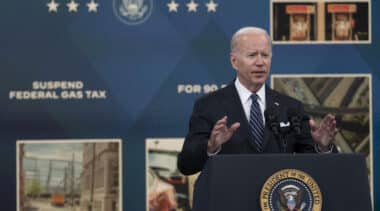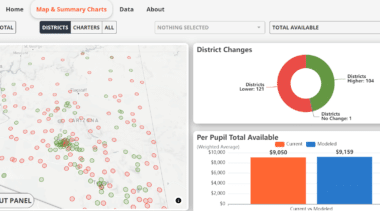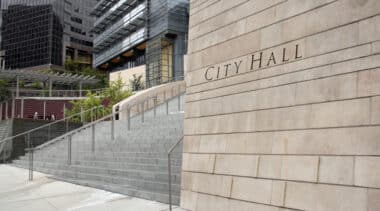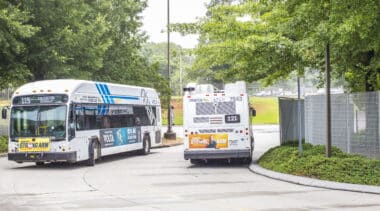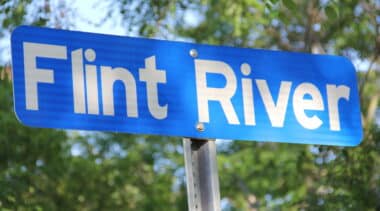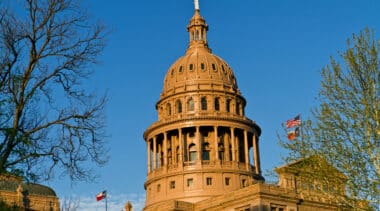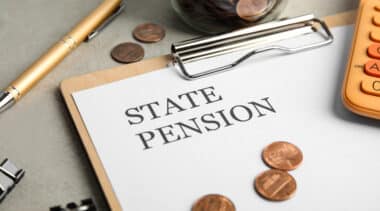-
FDA’s Juul ban threatens harm reduction progress
E-cigarettes aren’t just safer than combustible cigarettes, they’re more effective in helping smokers quit than FDA-approved therapies like nicotine gum and patches.
-
Why Michigan should replace gas taxes with mileage-based user fees
State policymakers should start thinking about a permanent replacement for the gas tax, such as mileage-based user fees.
-
President Biden’s gas tax holiday is a bad idea
Biden's suggested fuel tax holiday is unlikely to reduce prices at the pump but could blow a hole in the federal Highway Trust Fund.
-
Modeling Arizona education funding reform scenarios
This analysis models how changes to Arizona's school finance system would impact the state's school districts, charter schools and overall K-12 budget.
-
Arizona K-12 Funding Reform Model
Arizona’s K-12 funding system is broken, but gaping differences in funding levels aren’t the only problem—it wasn’t designed to support an education ecosystem with robust school choice for families.
-
The risks of issuing pension obligation bonds are rising with inflation, interest rates
Governments considering pension obligation bonds should carefully evaluate the costs, risks, and potential rewards before issuing these securities.
-
Stronger open enrollment laws would help California students
Open enrollment lets students enroll in any public school that has open seats, regardless of where they live.
-
The University of Michigan moves to modernize government financial reporting
XBRL can make data from state and local governments more digestible and publicly available.
-
Calls for Atlanta to cut bus services for transit-dependent riders in order to build rail for higher-income groups
MARTA is correct to focus its limited resources on providing quality bus services to people who rely on transit in their daily lives.
-
Government failures, not privatization, are to blame for Flint’s water crisis
Public and private water providers can improve their procedures to avoid such terrible consequences in the future.
-
California should embrace large-scale water desalination projects
California shouldn’t be rejecting a sustainable opportunity to buy water for a penny per gallon.
-
The Teacher Retirement System of Texas needs to adjust its investment return assumptions
TRS has accrued $47.6 billion in pension debt since 2002, and most of it, around $25 billion, came from investment returns falling below the plan's assumptions.
-
Municipal water systems show wide variations in quality and financial results
The accompanying map shows data for over 900 city- and county-owned water providers across the United States.
-
Alaska avoids attempt to roll back 2005 pension reform
Instead of unraveling pension progress, policymakers should seek to bolster the policies that brought resiliency and reliability.
-
The case for in-plan lifetime income solutions for DC plans is clear, so why the reluctance to implement?
Moving the needle toward an expansion of retirement income products in defined contribution plans would be a meaningful step in better addressing retirement financial security.
-
How school choice legislation has fared in 2022
2021 was dubbed the Year of School Choice, but in 2022 educational choice proposals have seen less success.
-
Public retirement plan assets should never be utilized for political purposes
Politically-motivated activist investing and ineffective pension plan designs are just two areas of state and local retirement plans causing significant problems.
-
California’s misguided bill to let parents sue for social media addiction
California’s proposed “Social Media Platform Duty to Children Act” relies upon a selective use of data that stirs up a false sense of panic about a promising new technology.


